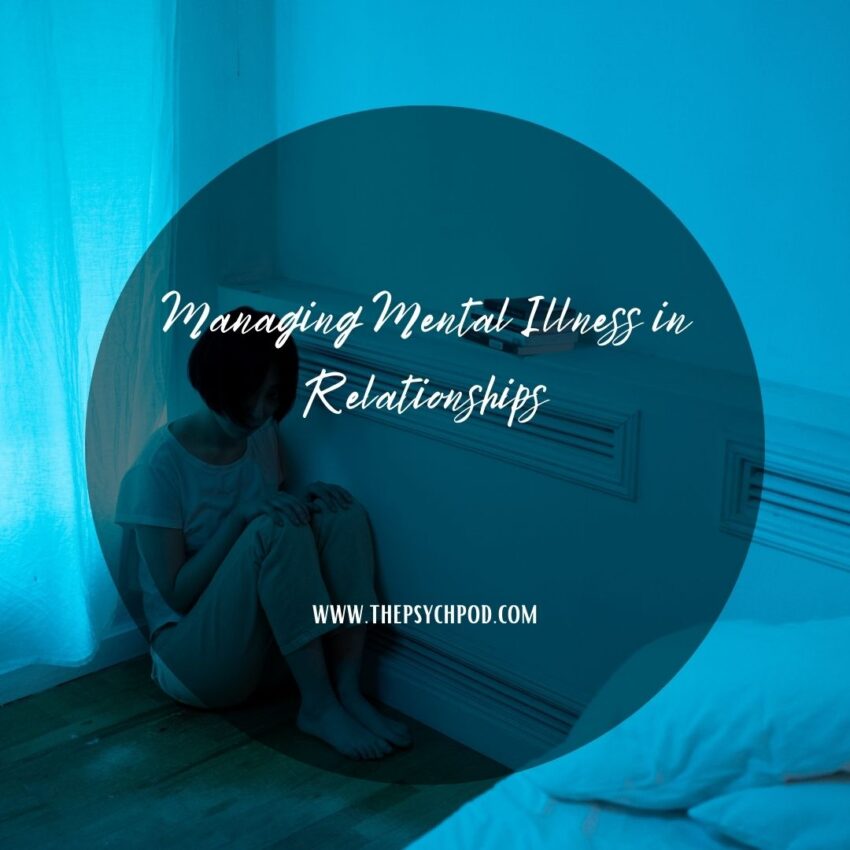Relationships and human connection are an essential aspect of the human experience that help provide us with a sense of belonging and can make life more meaningful and satisfying. But, sometimes relationships can also be challenging and require compassion, forgiveness, and compromise. Relationships can face numerous challenges; with mental illness being so prevalent in our society it is not uncommon for couples to struggle with managing mental illness of one or both partners.
Managing mental illness in relationships requires open communication, empathy, and mutual support. Mental illness can impact every aspect of life, including interpersonal relationships. Mental illness can affect an individuals mood, behavior, thought process, motivation, and self-esteem.
One of the most challenging aspects of mental illness in relationships is learning how not to personalize your partners symptoms and reminding yourself that their symptoms are not a reflection of who they are as an individual.
For example, if your partner is experiencing clinical depression, they may not be motivated to get out of bed, they may struggle with personal hygiene, they may be irritable, or they may begin to isolate. Without proper communication, compassion, and understanding these symptoms can sometimes be misinterpreted as being lazy or not putting in any effort.
Navigating these challenges requires patience, empathy, and a willingness to seek support from mental health professionals or support groups. Building a foundation of trust and understanding can help couples weather the complexities of managing mental illness in relationships. Here are some strategies that can help:
Communication: Discuss your mental health openly with your partner. Share your feelings, triggers, and needs so that your partner can understand and support you better.
Educate: Help your partner understand your mental illness by providing them with information and resources. This can reduce misconceptions and foster empathy.
Set Boundaries: Establish clear boundaries to protect your mental health. Communicate your limits and needs, and encourage your partner to do the same.
Support Each Other: Offer emotional support and encouragement to your partner when they’re struggling with their mental illness. Validate their feelings and reassure them that you’re there for them.
Seek Professional Help: Consider seeking therapy or counseling together to learn healthy coping mechanisms and improve communication skills.
Practice Self-Care: Take care of your own mental health by engaging in activities that reduce stress and promote well-being. Encourage your partner to do the same.
Be Patient and Understanding: Understand that managing mental illness can be challenging, and there may be ups and downs along the way. Be patient with each other and show understanding during difficult times.
Normalize Seeking Help: Encourage each other to seek professional help when needed. Therapy, medication, and support groups can be valuable resources in managing mental illness.
Celebrate Progress: Celebrate small victories and progress made in managing mental illness together. Recognize and appreciate each other’s efforts and growth.
Stay Connected: Maintain open lines of communication and stay connected with each other emotionally. Spend quality time together and nurture your relationship.
Remember, every relationship is unique, and it’s essential to find what works best for you and your partner in managing mental illness together.
Dr. Velmi, Psy.D.
